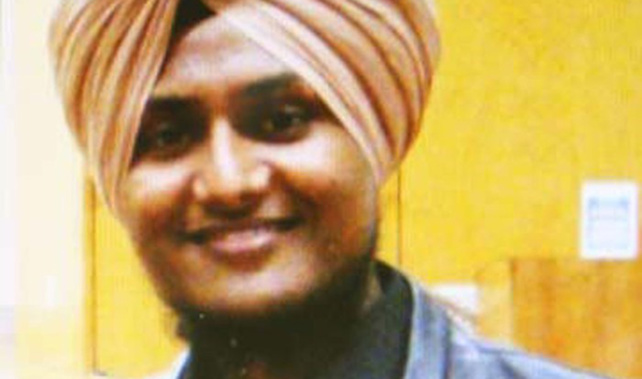
The head of a company which employed a young Indian security guard who was killed on his first night at work said he took him at his word that the 22-year-old had experience.
Cherag Elavia has given evidence at the coroner’s inquest into the death of Charanpreet Dhaliwal, who was found in a pool of his own blood after being attacked at the building site he was patrolling in 2011.
The company he was working for, CNE Security, is no longer operating. In 2012, a District Court ruled it was not responsible for Mr Dhaliwal’s death.
Mr Elavia told the inquest Mr Dhaliwal had been enquiring about work with the company and when another worker called in sick, he called the student in to cover. They met at the Fulton Hogan building site 15 minutes before his night shift was due to start.
Pressed about what sort of training or briefing was offered, Mr Elavia said Mr Dhaliwal was given a free 0800 number to use if he needed help, which he would call with his own cell phone.
Mr Dhaliwal told him he had experience as a static guard, Mr Elavia said, and he “took him at his word”.
The court also heard intense discussion about whether Mr Dhaliwal should have been carrying a radio telephone instead of a cell phone.
Jeff Sissons, a lawyer for Mr Dhaliwal’s family, asked the former security boss whether a panic button on a cellphone or a radio telephone would have led to help arriving sooner.
Mr Dhaliwal could have called an 0800 number, or 111, if he was in trouble, Mr Elavia said.
He added it was not proper practice for Mr Dhaliwal to have approached the group of men he found at the site he was guarding.
"In all due respect for someone who's no longer here, I would have stayed in the car if it was me."
Security expert Bryce Winstone told the inquest the cell phone Charanpreet Dhaliwal was carrying the night he was killed might have put him at increased risk.
He said it would have been unlikely the young guard would have had an opportunity to make a call for help when he was confronted.
“Worse, attempting to make a telephone call with persons who were possibly motivated to prevent him calling police… would increase the risk factor.”
Mr Winstone said he was surprised to learn CNE Security only carried out “random” welfare checks on its staff and said radio telephones were far superior to cell phones as a means of communication for security officers.
“It can take 20-30 seconds to initiate a call and be speaking with a person, compared to under a second with a radio telephone.”
Coroner JP Ryan has retired to consider his findings, with safety and training in the security industry likely to be at the forefront of his considerations.
There’s also the issue of who administered the blow which killed Mr Dhaliwal, with two witnesses telling the court it was the man who was acquitted of his murder, Hateni Latu.
Latu told the inquest Allen Ulungia punched and kneed the 22 year old in the head.
The Coroner does not have to issue a finding on that matter, but the threshold for him is lower than in a criminal case. The test in a Coroner’s court on the “balance of probabilities”, rather than the criminal test of “beyond reasonable doubt”.
Take your Radio, Podcasts and Music with you









